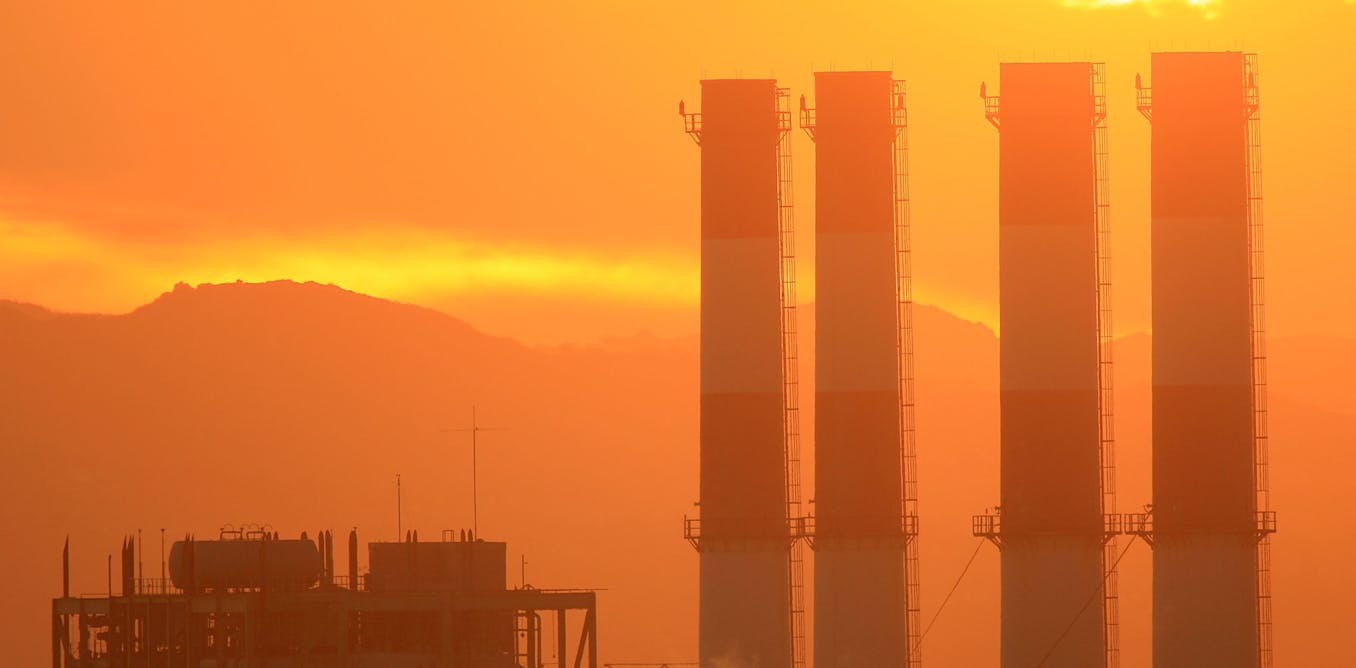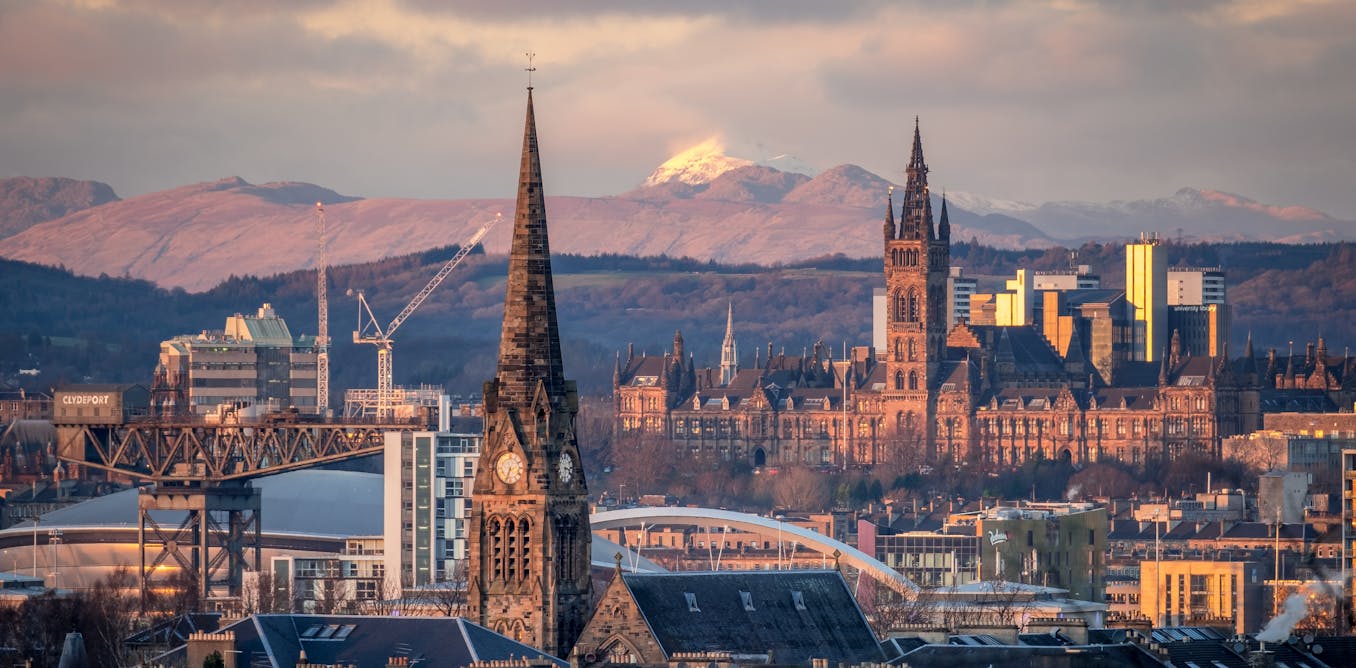What is 'committed warming'? A climate scientist explains why global warming can continue after emissions end
Thanks to humans, the concentration of planet-warming carbon dioxide in the atmosphere is now 50% higher than before the industrial era. These gases are raising Earth’s temperature.
June 9, 2022 • ~7 min







